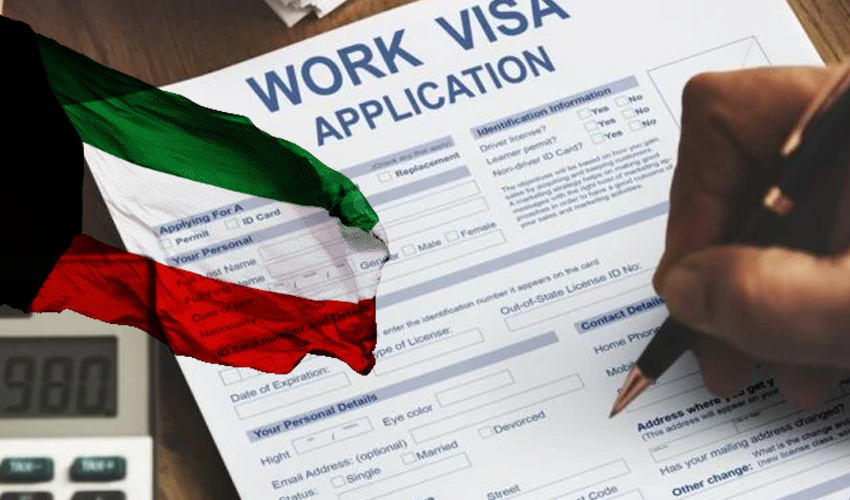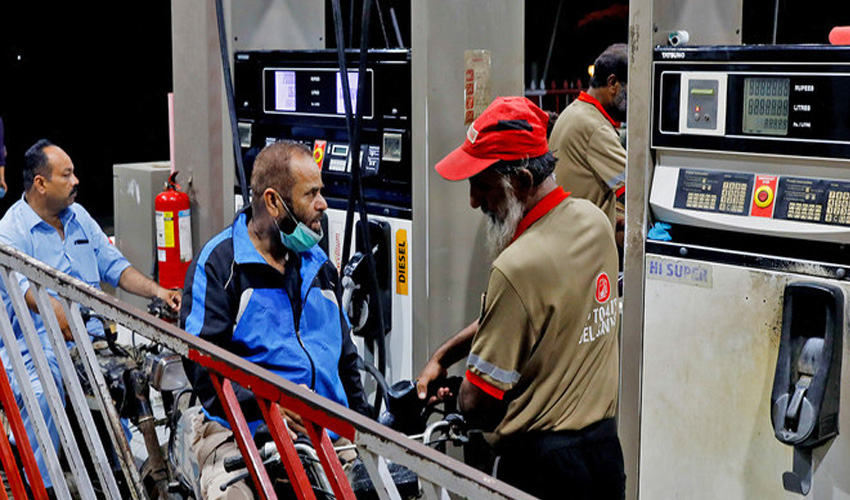Kuwait has introduced comprehensive changes to its work permit system. These reforms aim to streamline processes and accommodate the needs of a diverse labour market, impacting both employers and foreign workers.
A cornerstone of the reform is the elimination of the distinction between local and foreign workers in the work permit system. This shift towards a standardized process is part of Kuwait’s broader strategy to foster a more equitable employment environment.
By unifying the work permit procedures, the Kuwaiti government ensures that all workers, irrespective of nationality, adhere to the same regulations.
Processing fees
In alignment with the current economic conditions, the government has raised the processing fee for foreign workers’ work permits from KWD 175 to KWD 325. This adjustment is intended to cover administrative costs and reflect the economic realities of the labor market. Certain foreign companies may qualify for fee exemptions, though eligibility will be determined at the time of payment.
New transfer fee
A significant change in the regulations includes the introduction of a new early transfer fee of KWD 300 for foreign workers changing employers within three years of receiving their work permit. This replaces the previous system where:
- Transfers within the first six months of employment were generally prohibited.
- Transfers between six to twelve months incurred a fee of KWD 300.
- Transfers after twelve months were allowed without any fee.
This new framework offers greater flexibility for employers in reassigning work permits but also introduces higher costs and a structured fee system for job changes within a three-year period.
Employers and Workers:
The revised regulations provide employers with more latitude in managing their workforce, particularly in reallocating work permits. However, the increased costs associated with work permits and the new transfer fee could present financial challenges, requiring employers to carefully budget these expenses.
For foreign workers, the updated rules offer clearer guidelines but also necessitate a thorough consideration of potential costs when contemplating job changes within the initial three years of their permit tenure.
Kuwait work permit:
Kuwait’s work permit system governs the employment of foreign nationals, ensuring that their entry and stay align with the country’s labor market requirements. Key aspects include:
- Eligibility: Work permits are mandatory for all foreign nationals seeking employment in Kuwait.
- Application process: Employers typically manage the work permit application on behalf of the employee, involving procedures such as medical examinations and security clearances.
- Duration and renewal: Work permits are issued for a specific period and must be renewed periodically, subject to approval by the relevant authorities.
- Compliance: Both employers and employees must adhere to Kuwaiti regulations to avoid penalties and ensure lawful employment.
The updated work permit system offers employers enhanced flexibility in workforce management by simplifying permit allocation. However, the increased fees and the new transfer structure might impact employer budgets and potentially restrict job mobility for expatriate employees.
Overall, these revisions are aimed at creating a more efficient work permit system in Kuwait. Employers and foreign workers must stay informed about the latest regulations and fees to navigate the work permit application process smoothly.


























